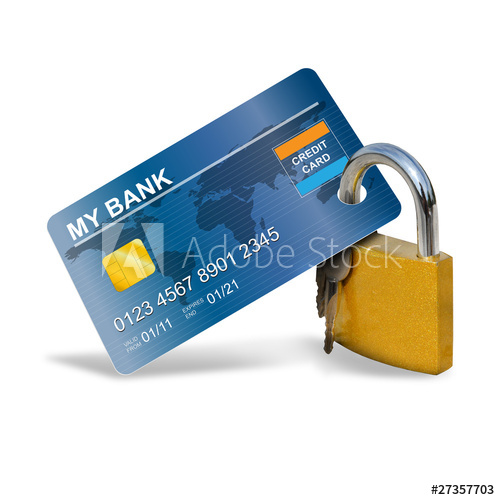If you've ever rented an apartment to a tenant, you probably know what a security deposit is. Simply put, it's a payment to a landlord that acts as a promise that the tenant will care for the property to the best of their abilities.
They're a major part of the rental process and one that all landlords should know. A lot more goes into security deposits than most of us would think. For instance, many states have different laws regarding security deposits, so what was fine in one state might cause trouble in another.
We'll talk more about the ins and outs of security deposits in this article.
How Much to Charge
While tenant security deposit is meant to serve as a form of insurance against damage, there is a limit to how much you can charge. In San Diego, the total amount of money the landlord can charge depends on the conditions of the apartment, with furnished properties commanding more money than unfurnished ones.
What to do with The Money
After setting a price for the security deposit and getting your tenants to pay it, the question arises of what to do with the money. The answer first to issue a security deposit receipt to keep the process legitimate, and then to put the money aside.
While the landlord does own the property and is responsible for maintaining it, the security deposit isn't actually theirs, according to security deposit laws. Its purpose is to give the tenant a reason to keep the property as clean and undamaged as possible. If the tenant fulfills that responsibility, they get their money back.
Keeping track of this money can be difficult, especially since you'll need to do this for each tenant. The best way to do this is to put the money into a bank account that you can draw from once the lease is up.
When to Keep the Money
We've mentioned that security deposits, also known as damage deposits, are like a form of insurance. When the tenant keeps the place in good shape, they get their money back. However, if they don't treat the place well, the landlord can keep some of it.
In San Diego, the landlord only gets to keep some of the money if the tenant has fallen behind on rent or has caused damage beyond what could reasonably be expected. It's important to note that San Diego laws favor renters, so it might take quite a bit to keep any of the deposit.
A good rule for returning a security deposit is that if you can reasonably evict the tenant, you can also keep some of the deposit.
Landlords and Security Deposits: What to Know
Security deposits are a major part of many rental agreements and serve as an incentive for the tenant to care for the apartment. We've talked about security deposits in this article, but there's a lot more to know about being a landlord.
You can learn more by visiting our site. Feel free to contact us if you have any questions or concerns.



